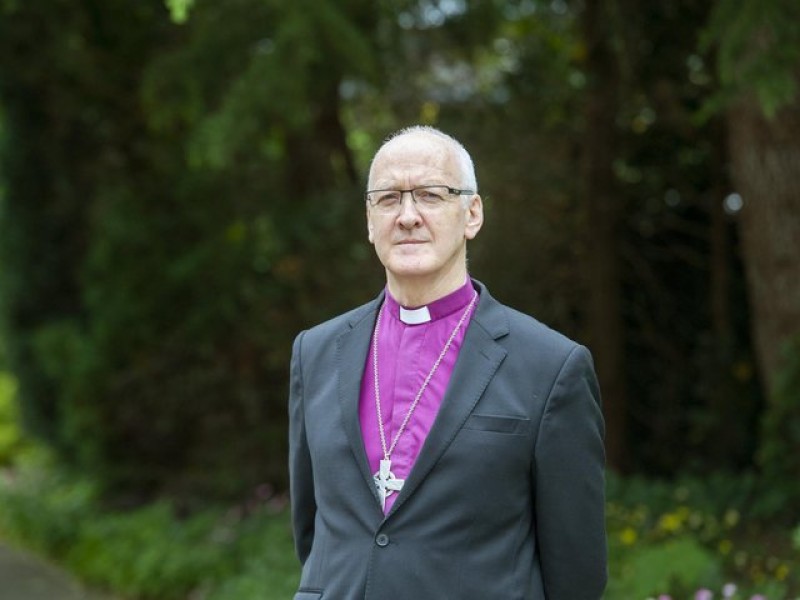Feature Article No: 01/22
22 February 2022
Brussels
By Susan Kim (*)
Bishop Nick Baines, bishop of Leeds in the Church of England, is a board member of the Conference of European Churches (CEC). Below, he reflects on how churches can bring their unique collective voice to carry faith into the public arena.
In his view of today’s complex socio-political environment, Bishop Nick Baines believes it’s vital for churches to bring a prophetic voice of faith.
“What’s more, that voice needs to be loud enough to be heard,” Baines added.
“This is a time when churches need to be confident about their inclusion in the public discourse and engagement in the public square,” he said. “Christians cannot be mere observers of conflict or—as in the UK—the corruption of the public discourse, complaining about what is ethically wrong and challenging the rule of law or the dignity of people.”
Instead, Baines believes churches must insist that their engagement is thoughtful, confident, humble and informed. “Whatever we do as churches, we can’t hold back,” he added.
“To hold back for reasons of fear—or fear of backlash—is to deny the prophetic vocation of the church,” he said.
CEC is making a new push to enhance church voices in European institutions through advocacy. Particularly as we emerge into a post-COVID-19 pandemic world, Baines and other CEC leaders believe that the collective Christian voice has a fresh opportunity to ring out prophetically within European political institutions and beyond.
“Churches have been amazingly inventive since the first COVID-19-related lockdown two years ago,” said Baines. “Challenges were met with great creativity, especially in relation to online worship and fellowship, and both individuals and parishes discovered new gifts and opportunities for outreach.”
Dialogue between churches and European institutions
Can that creativity now be applied to churches’ ongoing dialogue with European institutions?
"We are emerging into a different world, and we are looking to build on the experience—and doing so with confidence in God, the gospel, the church and our people,” said Baines. “CEC’s unique gift is to bring together both large and small churches, thus giving a voice to smaller denominations that might otherwise struggle to engage in vital political and cultural debates.”
Individual churches can view CEC as being big and as having enough focus to engage substantially with the European Institutions in a way that a single church cannot do alone. “Therefore, CEC can bring together churches across Europe to add a voice and perspective that has credibility—offering confidence to those who might otherwise feel less so when speaking alone,” explained Baines.
As the people of Europe struggle to shape their present and their future, Baines believes the collective church can take some of its learnings from the pandemic and carry them forward with renewed participation in the public square.
“In England in March 2020—the first lockdown—we had to keep distinguishing between ‘the churches are closed’ and ‘the church is open,’ “ he explained. “That is, the buildings might be closed for a period, but the praying, worshipping and witnessing community has never closed; we just moved to occupy new spaces.”
Baines was encouraged by the way churches engaged in new ways instead of giving up during lockdowns.
“Pastoral care can carry on; service of the local community (for example, through food banks) can develop with commitment and creativity; fellowship can take new forms,” he said.
Next, can the churches assert that witness and faith are a legitimate element in European political decision-making?
Baines believes CEC can help churches do just that. “Now we need to work out how to maintain this creativity in working out our common and mutual commitment,” he said. “Creativity is in the bloodstream of the Christian church—we can do this!”
(*) Susan Kim is a freelance journalist from the United States.
Learn more about CEC Dialogue with European Political Institutions
